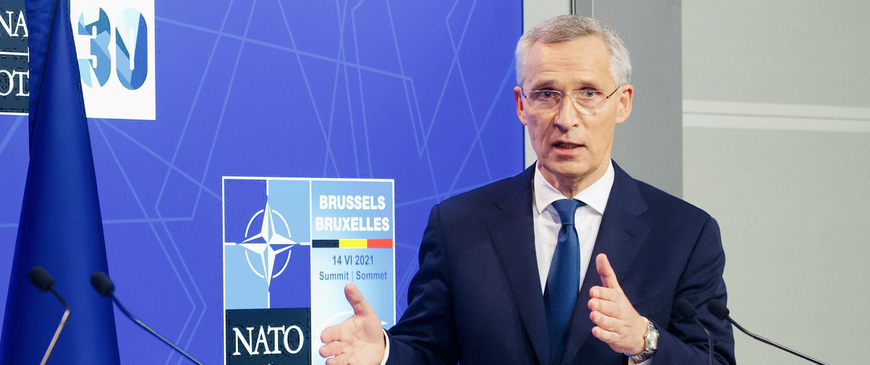
NATO statement on China goes 'much further' than prior language, expert says
"The language on China certainly goes much further than anything NATO has said before,” Ian Bond, Director of Foreign Policy at the think tank the Centre for European Reform, told Euronews.
“I think this does reflect an increasing realisation that China is developing in ways that we hadn’t hoped for and perhaps we didn’t expect a few years ago when the talk was of China becoming a responsible stakeholder in the international system.”
While the 30 heads of state and government avoided calling China a rival, they expressed concern about what they called its “coercive policies”, the opaque ways it is modernising its armed forces and its use of disinformation.
Bond believes the NATO leaders had no choice but to speak out.
“You can’t avoid saying how you see things merely in the hope that Beijing will then talk to you a bit more,” he said.
“I think where there are areas of common interest - in the past NATO and China have worked together on counter-piracy operations, for example - then I think it’s still possible to talk about those sorts of issues.
"But equally where NATO has concerns, whether that’s about the theft of intellectual property or China’s build-up of its nuclear arsenal and the fact that it doesn’t really talk much about its doctrine for the use of nuclear weapons and so on, those are matters where I think NATO has no alternative but to take counsel for its own security.”
